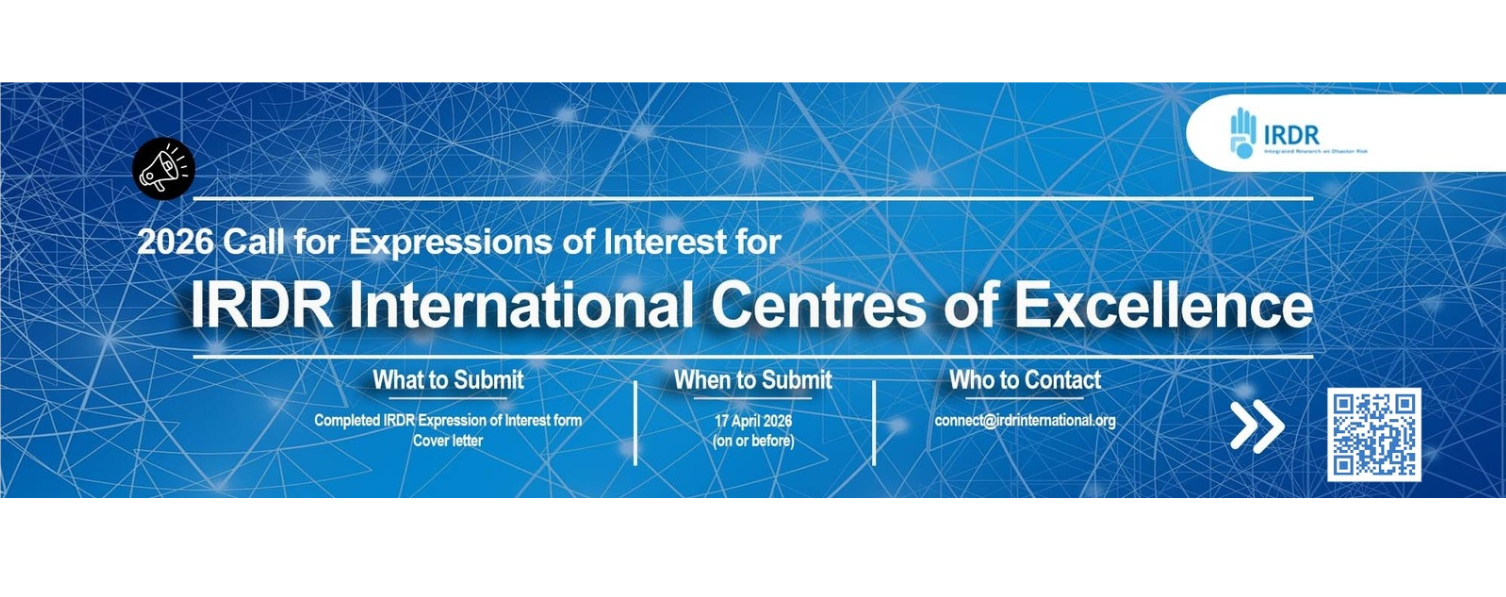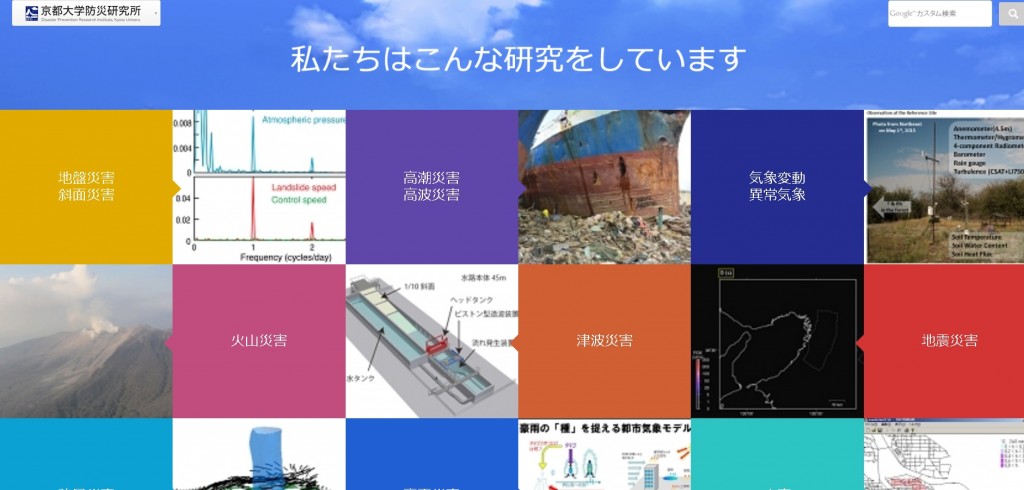WorldRiskIndex presented by Prof. Birkmann at a high level event in New York
Prof. Dr. Jörn Birkmann, director of the Institute of Spatial and Regional Planning, University of Stuttgart and member of the IRDR (Integrated Research on Disaster Risk) Science Committee presented together with colleagues from the UN University and the Alliance Development Works the WorldRiskReport and the latest results of the WorldRiskIndex. The high level event that took place at the German House in New York on 26 February 2016 was attended by more than 100 diplomats, UN officials and scientists. It was hosted by H.E. Ambassador Harald Braun, Permanent Representative of Germany and H.E. Ambassador Masud Bin Momen, Permanent Representative of Bangladesh.
The World Risk Index (see http://www.uni-stuttgart.de/ireus/Internationales/WorldRiskIndex/) developed and calculated by Prof. Birkmann and Dr. Welle from the University of Stuttgart, evaluates the exposure to natural hazards faced by 171 countries and assesses the inherent vulnerability in the countries towards suffering from impacts when facing these hazards
The index shows that Vanuatu is the country with the highest disaster risk (Index value: 36.72) among the 171 countries covered by the World Risk Index 2015. Tonga ranked 2nd (Index value: 28.45) and the Philippines, ranked 3rd (Index value: 27.98). Whereas Tonga shows an increase in the lack of adaptive capacities, the Philippines have managed to slightly reduce their lack of adaptive capacities and susceptibility.
Thus, one can conclude from the results of the WorldRiskIndex that the conventional classification of countries into least developed, middle income and high income countries is not sufficiently applicable anymore for risk reduction and adaptation strategies that have been agreed upon in Sendai (Sendai Framework) and the COP 21 in Paris in 2015. For implementing the Sendai and Paris agreements, we need to better account for similarities of countries in terms of hazard exposure and vulnerability profiles said Prof. Birkmann during the event.
Moreover, Dr. Garschagen from the UN University stressed that the report clearly shows that hunger and food insecurity have negative effects on disaster risks and that disasters might increase food insecurity. Floods or cyclone events, for example, often do not only destroy harvests and granaries; they also destroy transportation infrastructure and lifelines, which hampers the provision of supplies to crisis regions. Not only do disasters often have devastating consequences for a country’s food situation but food insecurity conversely also raises disaster risk.
To read more about the key results of the WorldRiskIndex, visit the following website www.uni-stuttgart.de/ireus/Internationales/WorldRiskIndex/
The full report can be downloaded at World Risk Report 2015.
More information about the science base of the WorldRiskIndex can be found in the following peer-reviewed journal papers:
Welle, T. and Birkmann, J. (2015) The World Risk Index, in: Journal of Extreme Events (JOEE), Vol. 2, No. 1 – see: http://www.worldscientific.com/worldscinet/joee or https://www.researchgate.net/profile/Joern_Birkmann2/publications
Birkmann, J. and Welle, T. (2015) Assessing the risk of loss and damage: exposure, vulnerability and risk to climate related hazards for different country classifications, in: International Journal of Global Warming, Vol 8, No. 2 /2015(DOI 10.1504/IJGW.2015.071963
– see http://www.inderscience.com/jhome.php?jcode=IJGW or https://www.researchgate.net/profile/Joern_Birkmann2/publications
Persons on this photo from right to left:
Mr. Jo Scheuer, Director / Chief of Profession Climate Change and Disaster Risk Reduction, United Nations Development Programme
Professor Jörn Birkmann, Director, Institute of Spatial and Regional Planning, University of Stuttgart
H.E. Ambassador Masud Bin Momen, Permanent Representative of Bangladesh
H.E. Ambassador Harald Braun, Permanent Representative of Germany
Ms. Carla Mucavi, Director, Liaison Office of the Food and Agriculture Organization of the United Nations
Dr. Matthias Garschagen, Head of Vulnerability Assessment, Risk Management and Adaptive Planning, United Nations University, UNU-EHS
Mr. Peter Mucke, Director of Bündnis Entwicklung Hilft, Germany, and Managing Director of the World Risk Report





